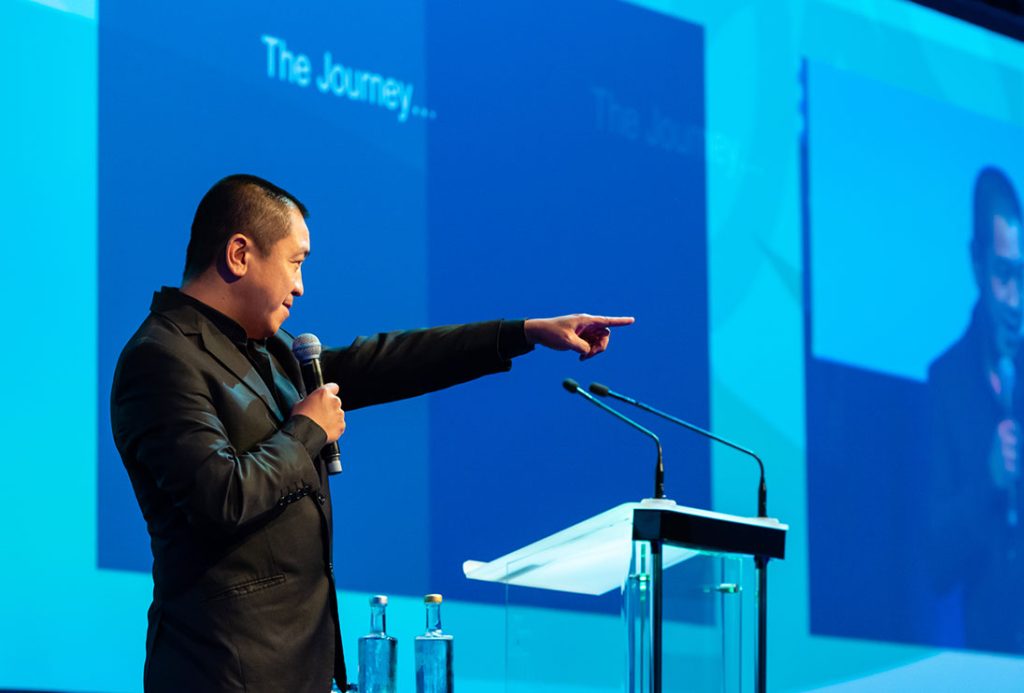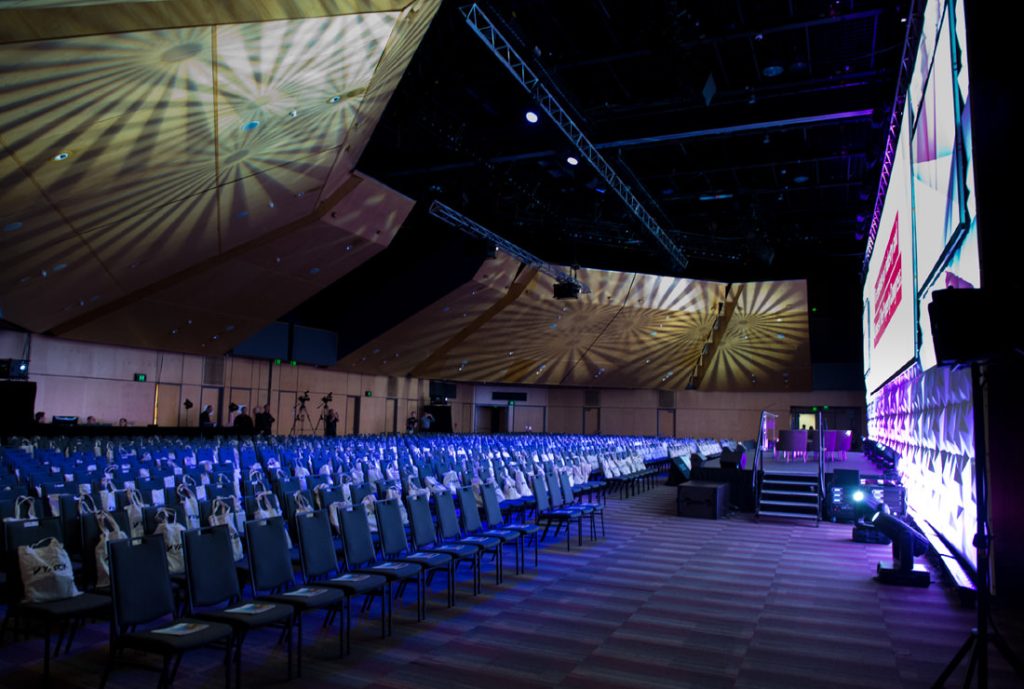Planning your first event is a lot of fun. But as the excitement wears off, you might start to feel a little panicked about everything there is to do.
Don’t stress! Successful events do take a lot of preparation, hard work and attention to detail, but with a clear framework and some help from the right people, there’s no reason why you can’t nail it.
To give you a better idea of how to approach your first event, let’s run through some of the key things to consider along the way.
Understand your event purpose
Arguably the most important step of planning a successful inaugural event is having a clear understanding of the events’ purpose and goals. This could be to drive membership, to lift your organisational profile or to establish a new revenue channel.
Whatever it is, understanding the purpose of your event will help to shape all other aspects, so it’s really important to be clear on this from the outset.
Understand the market
You should also understand what other events operate within the same industry and what upcoming events are running locally and nationally to figure out how you’re going to be different.
Repeating something that’s already being done is unlikely to be a raging success among event attendees, so make sure to identify and leverage your point of difference.
Be realistic with your inclusions
Planning an event is exciting and it’s great to be enthusiastic. However, it’s also easy to get carried away with your creative vision.
Working with an event partner like con-sol, we’ll harness your positive energy to create an event plan while also being the voice of reason.
This conversation usually starts with budget. As your event planner, we’ll help you to understand the fundamental risks and what we can do to minimise those risks.
It’s not a perfect world so we’ll also account for contingencies if things don’t go the way we plan.
[templatera id=”16790″]
Essentials vs non-essentials
At an event planning level, it’s important to understand from the outset what is essential and what is non-essential.
That way, you know what can be removed without affecting your event should you need to reduce your budget.
Almost every event aspect of your event will have elements that are essential and non-essential – from the digital and print media that you design to what you are catering for your delegates on the day.
For example, a corporate event will absolutely need things like a lectern, a microphone and something visual to display your speakers’ content. You might also like to have a creative stage set, but this isn’t critical to the success of your event.
Stay tuned for an upcoming blog on identifying essential vs non-essential AV items for your event.
More is not always more
One of the traps many first-time event planners can fall into is the idea that you must have the biggest and best of everything.
We recently had a client looking at four venues, of which two really stood out. These two were quite different; one was large and prestigious and the other equally elegant but much smaller.
The client was convinced that the larger venue was the better choice, but we persuaded them that the smaller one was a smarter option for two reasons.
In the first year of an event, it’s better to contract a venue that is low risk with a low minimum spend commitment, to avoid any nasty surprises pre, during and post-event.
It’s also better to have a fully sold-out event with a waitlist than a large room that’s only half full and looks like a failure.
Being able to legitimately boast that you have sold out your inaugural event is a great platform to begin marketing your next event!
Seek partnerships with media organisations
Partnerships and sponsorships are another critical aspect of running a successful event, particularly where you need additional funds to market and execute event activities.
For first time events, we recommend securing in-kind partnerships with media organisations like radio stations or print agencies.
Securing this type of marketing support without having to chip into the budget is a great financial move. It can also add weight and credibility to your event when you can reference a high-profile media brand within your event marketing material and sponsorship prospectus.
Engage a professional
For first-timers, it’s easy to underestimate the amount of work and expertise required to bring an event to life.
Ask yourself, how well could you divide your attention between attracting speakers and sponsors, managing event budgets, marketing the event, putting together a program and working out how you’ll generate revenue?
This is all before even considering things like day-to-day logistics, building your website, organising ticket sales, sourcing and managing the venue and the list goes on.
The primary reason events fail is because an organiser tries to do it all themselves.
This is often because they believe they can’t afford to onboard a professional event planner like con-sol. However, we argue that the cost of engaging an event manager is neutralised by our ability to save you considerable costs in other areas – such as negotiating a venue contract.
The amount of work and expertise required to create a successful event is astronomical, so we would always recommend partnering with someone who can guide you along the way.
Our job as your event management team is not to dictate your event, but rather to give guidance on all aspects of event planning and giving you the tools to make calculated and informed decisions.
Running an event from concept to completion is hard work. We’re here to make it simple. Chat with our experienced event management team and let’s get your inaugural event off the ground.




